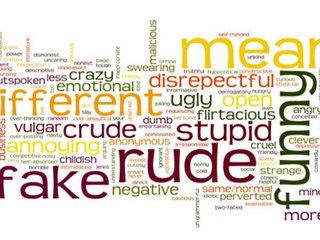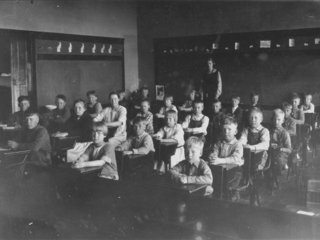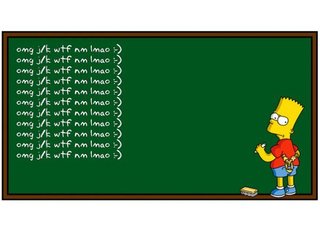DUOS expands AI capabilities to help seniors apply for assistance programs
It will complete and submit forms, and integrate with state benefit systems
Read more...
Is Twitter dumbing down our nation’s students? Anticlimactic answer alert: Yes! And no. Digital tools are dumbing kids down in exactly the ways you think they are (srsly. Fr realz.), but they’re also having some surprisingly positive impacts.
In a study of more than 2,400 Advanced Placement and National Writing Project teachers of middle and high schoolers, Pew researchers found that digital technologies like social networking sites and texting are actually encouraging students to write and collaborate. Fully 78% of teachers agreed that digital technologies “encourage student creativity and personal expression,” and of those, 26% strongly agreed.
Additionally, 96% of teachers agreed that digital technologies allow students to share their work with a larger audience, and 79% agreed that digital tools encourage greater collaboration among students. The cumulative effect: students are more engaged and invested in what they write.
Thus, it makes sense that English teachers are seeing more of an impact from digital tools than teachers in the math or science fields. Almost two-thirds of English teachers say that digital tools have teaching easier, compared to 32% of math teachers, 38% of science teachers, and 45% of history/social studies teachers.
So that’s the good news. The bad news is that while digital technologies are encouraging students to write and making them more engaged with what they write—those tools aren’t actually making them better writers. At least not at the moment…
When asked to rate their students on nine specific writing skills, teachers tended to rate their students as “good” or “fair” as opposed to “excellent” or “very good.” Fully 68% say digital tools make students more likely to take shortcuts and not put much effort into their writing, while 46% say these tools make students more careless and haphazard. Interestingly, there’s a fairly even split on teachers who say digital technologies make students more or less likely to use poor spelling and grammar.
One big plus: teachers gave their students the highest marks on their ability to consider multiple perspectives and viewpoints on a particular issue or topic. That’s promising! Thank you, Twitter!
But the slow infiltration of informal grammar and style into formal writing style is cause for concern for some teachers, and 92% of teachers say that formal writing is an essential part of the learning process.
“These results challenge in many ways the notion that students’ writing skills are being undermined by their increasing engagement with digital tools and platforms,” said the study’s main author and Associate Director for Research at the Pew Internet Project, Kristen Purcell, in a statement. “Teachers do have concerns that digital tools are blurring the lines between formal and informal writing and see writing skills that need improvement, but they also see the benefit of students having more people respond to their writing and the increased opportunities for expression these digital tools offer.”
Image source: 826chi.org
It will complete and submit forms, and integrate with state benefit systems
Read more...The bill would require a report on how these industries use AI to valuate homes and underwrite loans
Read more...The artists wrote an open letter accusing OpenAI of misleading and using them
Read more...


